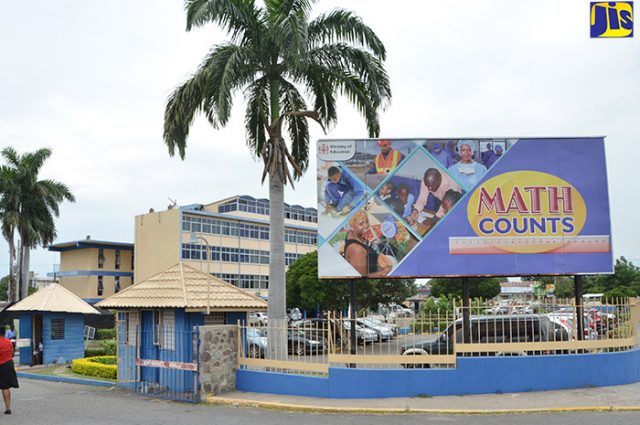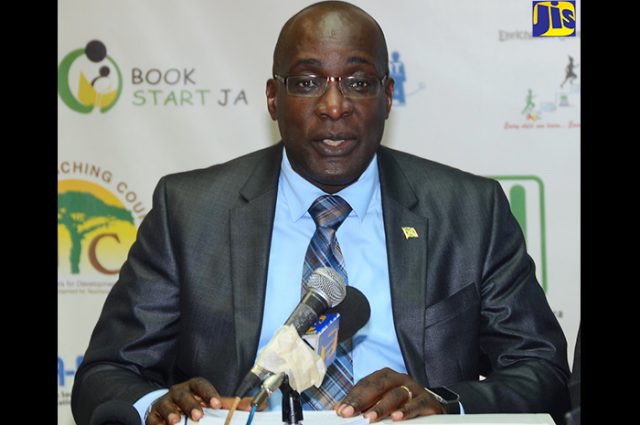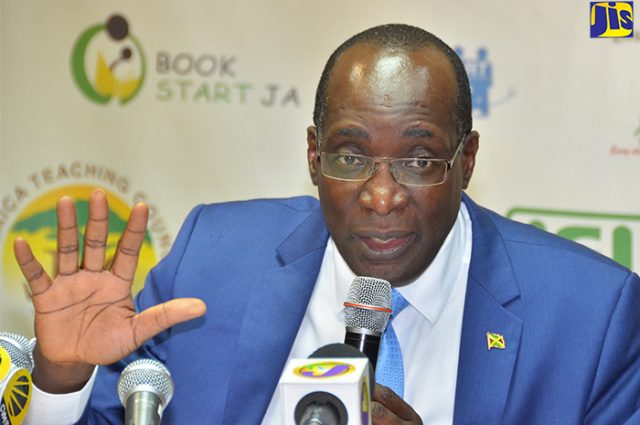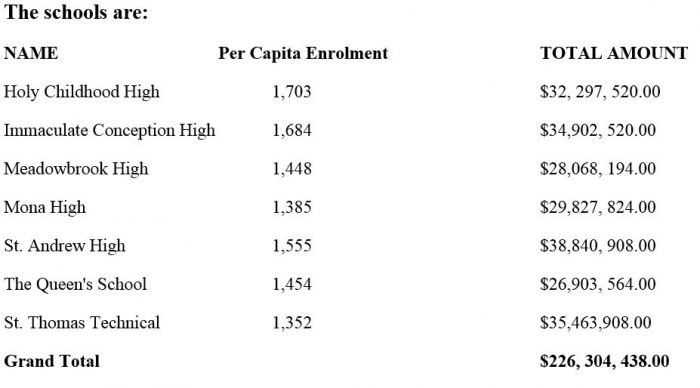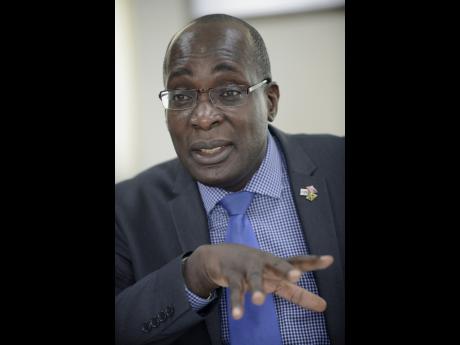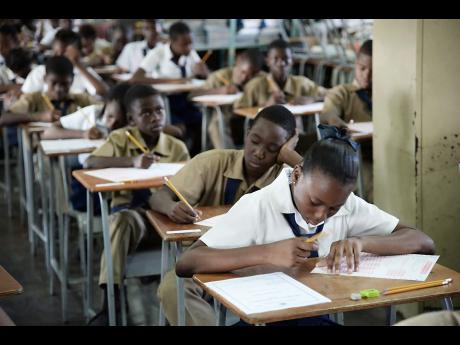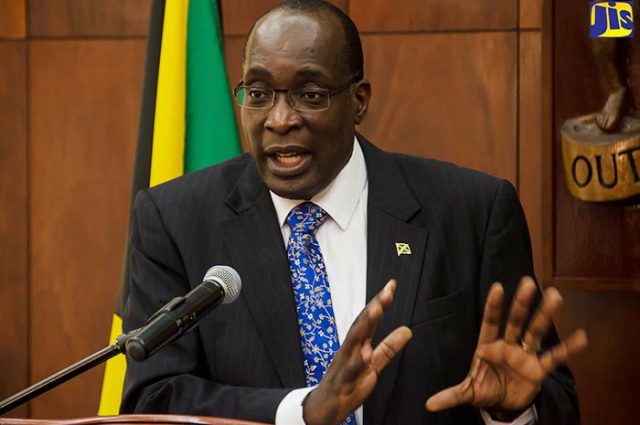JIS: Prime Minister, the Most. Hon. Andrew Holness, on Thursday (August 10) launched the National Youth Summer Employment Programme under which some 2,300 youths will be employed over a four-week period.
The young people, from across the island, will be engaged in the auditing of street lights and identifying vulnerable persons within communities who may require assistance during periods of natural disasters and other forms of emergency.
The exercise is being spearheaded by the Ministry of Local Government and Community Development and will run from August 14 to September 8. Each participant will be paid $8,000 weekly.
Prime Minister Holness, in his remarks at the launch held at the Jamaica College compound, said the work to be carried out by the young people will provide critical information that will better enable the Government to serve the country.
He noted that the Government pays “a significant amount of money” for street lighting each year “and we have to know which street lights are working”.
“Some street lights are on, but the lights are so dim. They are burning up the electricity but not generating any light. We want to know which street lights are out so that we can better provide the service for the communities,” he said.
As it relates to the gathering of information about the vulnerable, he said that this will better enable the provision of emergency assistance and other support services to communities.
“For us to provide even better service, we want to know about the shut-ins, because a part of the remit of local government is to deal with some of the welfare issues in communities. (There) are thousands of Jamaicans poor and indigent… and a part of your job will be to go out and identify them and help us to create a database so that we can properly bring service to them,” Prime Minister Holness said.
He encouraged those persons who will not be in school or working when the programme finishes, to join the National Service Corps, under which young people will benefit from military, vocational, and life skills training over a one-year period.
Meanwhile, Minister of Local Government and Community Development, Hon. Desmond McKenzie, informed that the teams will also be required to identify streets for which name signs are missing.
The findings will be recorded in a database that will provide information for the Ministry and the municipal corporations.
He informed that funds have been set aside for “a comprehensive drive across the country in putting up street signs”.
The youth employment programme is being implemented through the municipal corporations.
An orientation exercise is scheduled for Monday (August 14) to ensure that participants are fully apprised of their tasks. The session will allow for questions and clarifications.
The initiative falls under the Housing, Opportunity, Production and Employment (HOPE) programme, which provides educational and job opportunities for young people, aged 18 to 24, who are not employed or enrolled in a school or programme of training.
CAPTION: Prime Minister, the Most Hon. Andrew Holness (left) participates in the National Youth Summer Employment Programme, at the official launch of the initiative on August 10 at Jamaica College, St. Andrew



